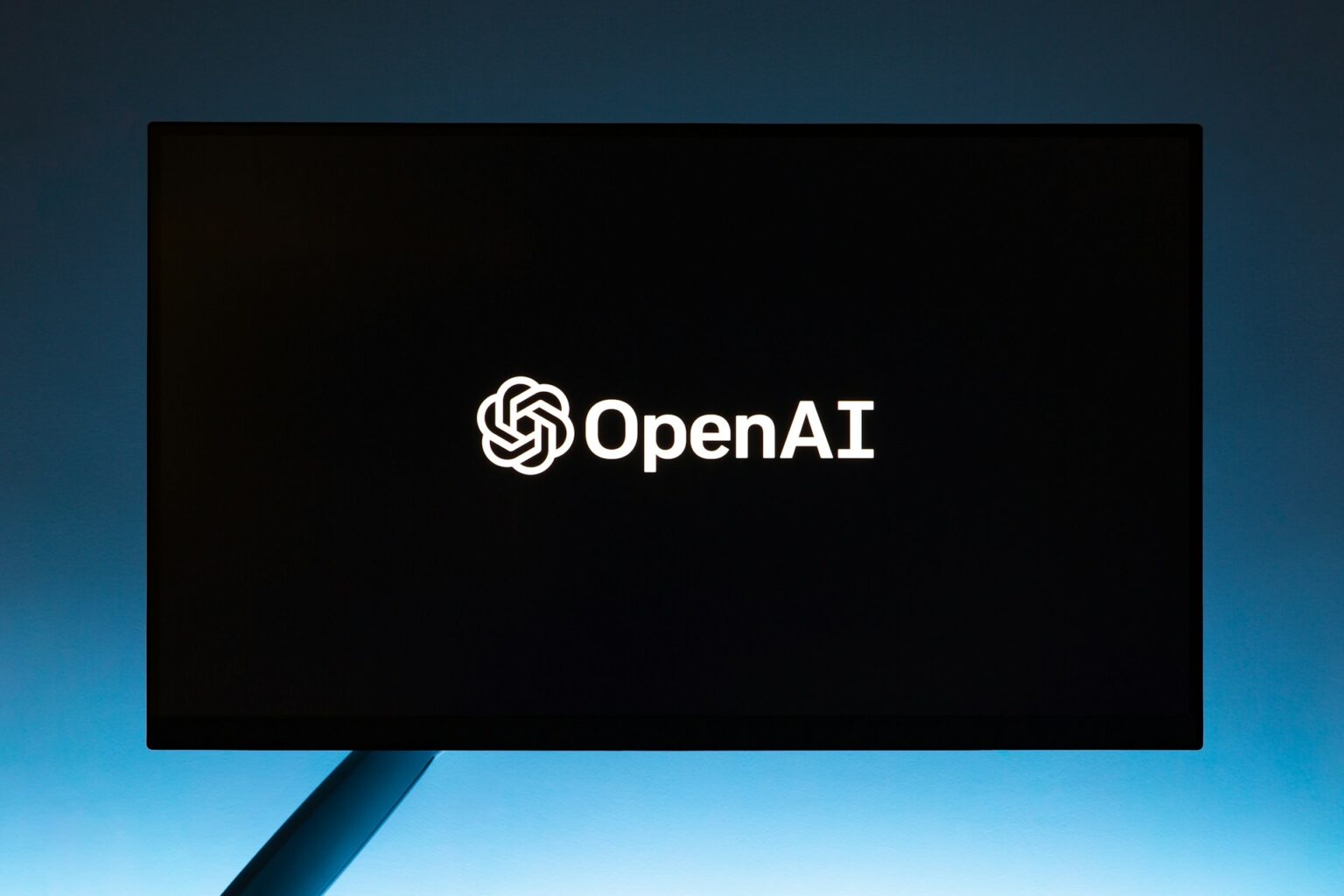OpenAI is preparing to launch an artificial intelligence-powered web browser in a move set to intensify its rivalry with Google and redefine how users interact with the internet, according to three individuals familiar with the matter.
The product, expected to debut in the coming weeks, represents a major strategic expansion beyond ChatGPT and a direct challenge to Google Chrome’s dominance, Reuters reported.
The browser will integrate a native chat interface akin to ChatGPT and support AI agent functionalities, allowing users to perform complex tasks—such as booking reservations or filling out forms—without leaving the browsing environment. This shift could reshape user behavior online and offer OpenAI valuable insights into web activity, a resource long central to Google’s advertising business.
Chrome, with over 3 billion users and a commanding share of the global browser market, is a critical pillar of Alphabet’s ad-driven revenue model, which accounts for roughly 75% of the company’s earnings. By funneling traffic through its search engine and collecting granular user data, Chrome has become a powerful tool for Alphabet’s targeted advertising strategies. OpenAI’s new browser could begin to erode this advantage if it gains traction among ChatGPT’s 500 million weekly active users.
Two of the sources indicated that OpenAI’s browser will diverge from traditional web navigation by maintaining certain interactions within a ChatGPT-style interface, rather than directing users to external websites. This design is part of a broader strategy to embed OpenAI’s AI tools throughout users’ personal and professional digital lives.
OpenAI declined to comment on the project, and the sources requested anonymity as they were not authorized to speak publicly.
Since revolutionizing the tech landscape with the launch of ChatGPT in late 2022, OpenAI—led by CEO Sam Altman—has been in a race to maintain its lead in the generative AI space amid fierce competition from Google, Anthropic, and others. In May, OpenAI made headlines by acquiring io, an AI hardware startup led by former Apple design chief Jony Ive, in a $6.5 billion deal signaling its ambitions in consumer devices.
The upcoming browser is expected to be a key platform for deploying OpenAI’s “agent” technologies, including the recently introduced Operator—an AI capable of performing web-based tasks on behalf of users. Unlike browser extensions or plug-ins, OpenAI’s standalone browser will allow the company to exercise greater control over the browsing experience and the data it collects.
Despite its innovations, OpenAI faces stiff competition. In addition to Google’s dominance, newer AI-focused browsers are also entering the field. This week, AI search startup Perplexity launched Comet, a browser with similar agent-like capabilities. Other entrants such as The Browser Company and Brave have also developed AI-powered solutions that assist users in summarizing and navigating the web.
OpenAI’s browser is being built atop Chromium, the open-source codebase that powers Chrome and other browsers including Microsoft Edge and Opera. The decision echoes a broader industry trend but also raises the stakes: OpenAI will be competing against a product derived from the same foundation as its own.
Further underlining the seriousness of its ambitions, OpenAI has hired two veteran Google executives who were part of the original Chrome team. Reports from The Information suggest the company previously explored browser development and even considered acquiring Chrome if antitrust enforcement forced a divestiture.
In an April testimony, an OpenAI executive confirmed the company’s interest in such a scenario. However, Google has made no indication it will sell Chrome and is currently appealing a U.S. court ruling that found it holds an unlawful monopoly in online search.
By launching a proprietary browser, OpenAI aims to gain greater leverage in the AI race—not only by enhancing user experience but by unlocking deeper insights into consumer behavior online. Whether it can scale this product to meaningfully challenge Chrome’s entrenched position remains to be seen. But the move underscores a pivotal shift: in the battle for AI dominance, control over how people access the web is becoming as strategic as the AI models themselves.
